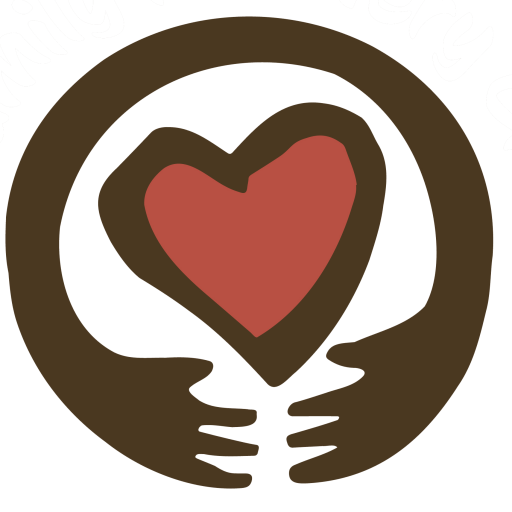Safe and stable housing improves youth physical and mental health, educational engagement, employment, and other quality of life determinants. Host Homes provide youth the stability they need to access care, reengage with school, seek employment, and gain the skills they need to transition to independent adulthood.
By partnering with A Family for Every Child, Host Homes make an enduring difference in the lives of our community’s youth.
Becoming a Host Home Provider
Requirements
Host Home providers must:
- Have an available, private bedroom in their home that contains a bed, window, and space for the youth to store their belongings.
- Have at least one resident in the home who is 21 or older.
- Pass a fingerprint-based background check.
- Complete the Host Home onboarding process.
Process
Could you be a good fit for the Host Home program? Fill out an application today!

Frequently Asked Questions
Want more information about how you can support youth in our community? We would love to connect. Reach out to the Host Home program today.

Gina Piechowicz (she/her)
Host Home Program Manager
Office: (541) 406-7673
Cell: (541) 972-0009

A Family for Every Child Host Home program partners with
the Human Services Commission, the City of Eugene, the City of Springfield,
Lane County, and the Oregon Department of Human Services and provides
equal housing opportunities to all program participants.





